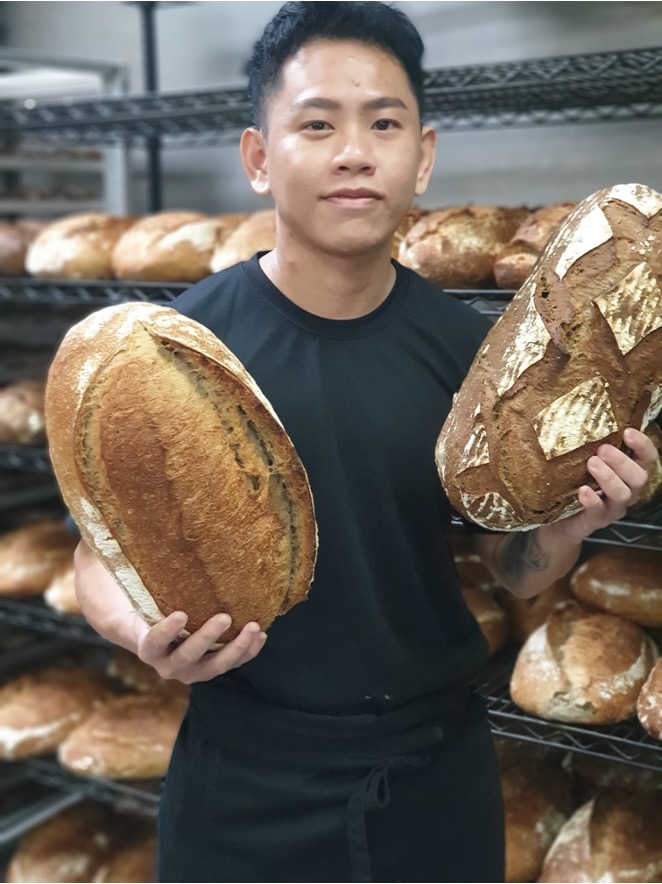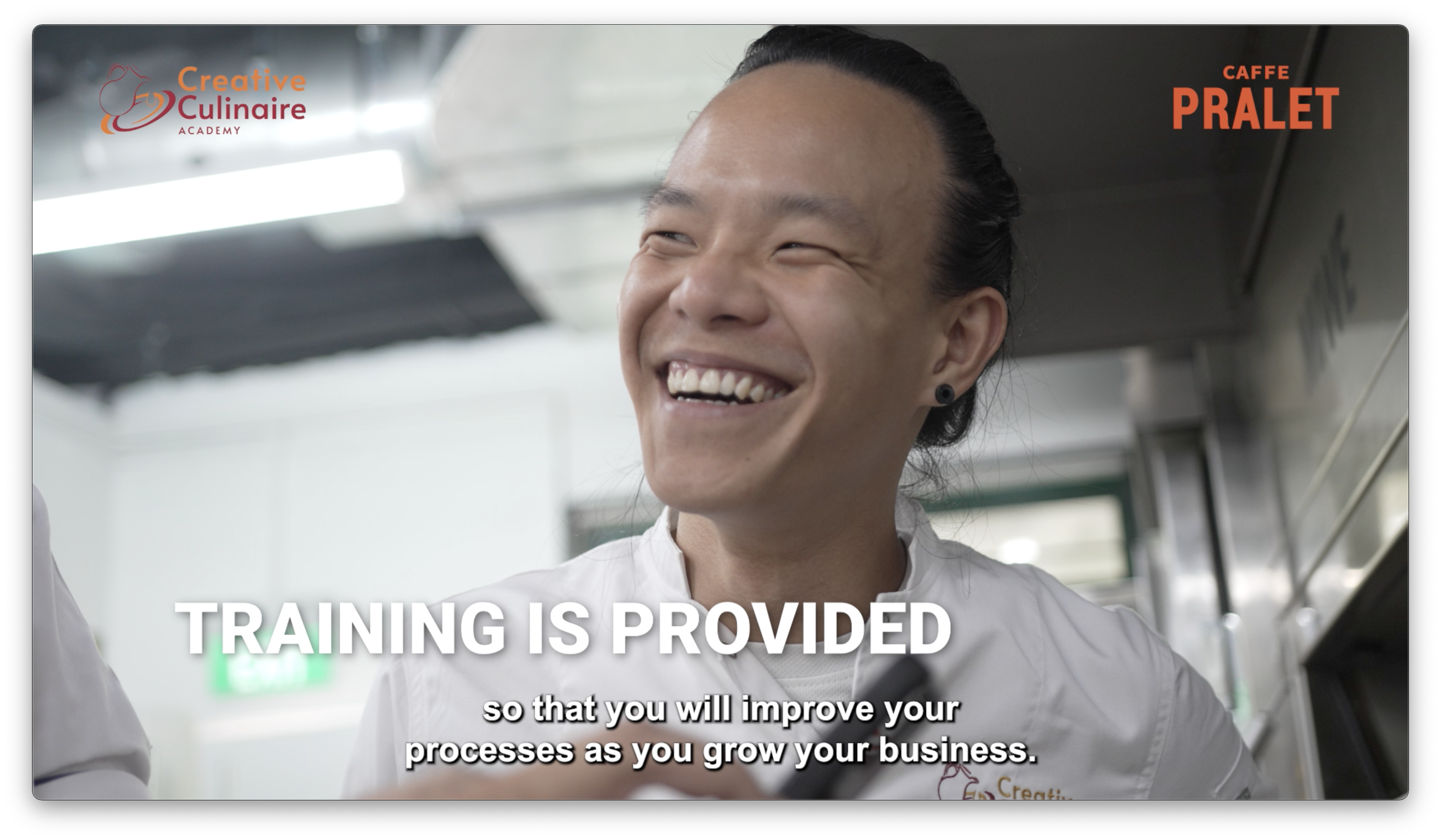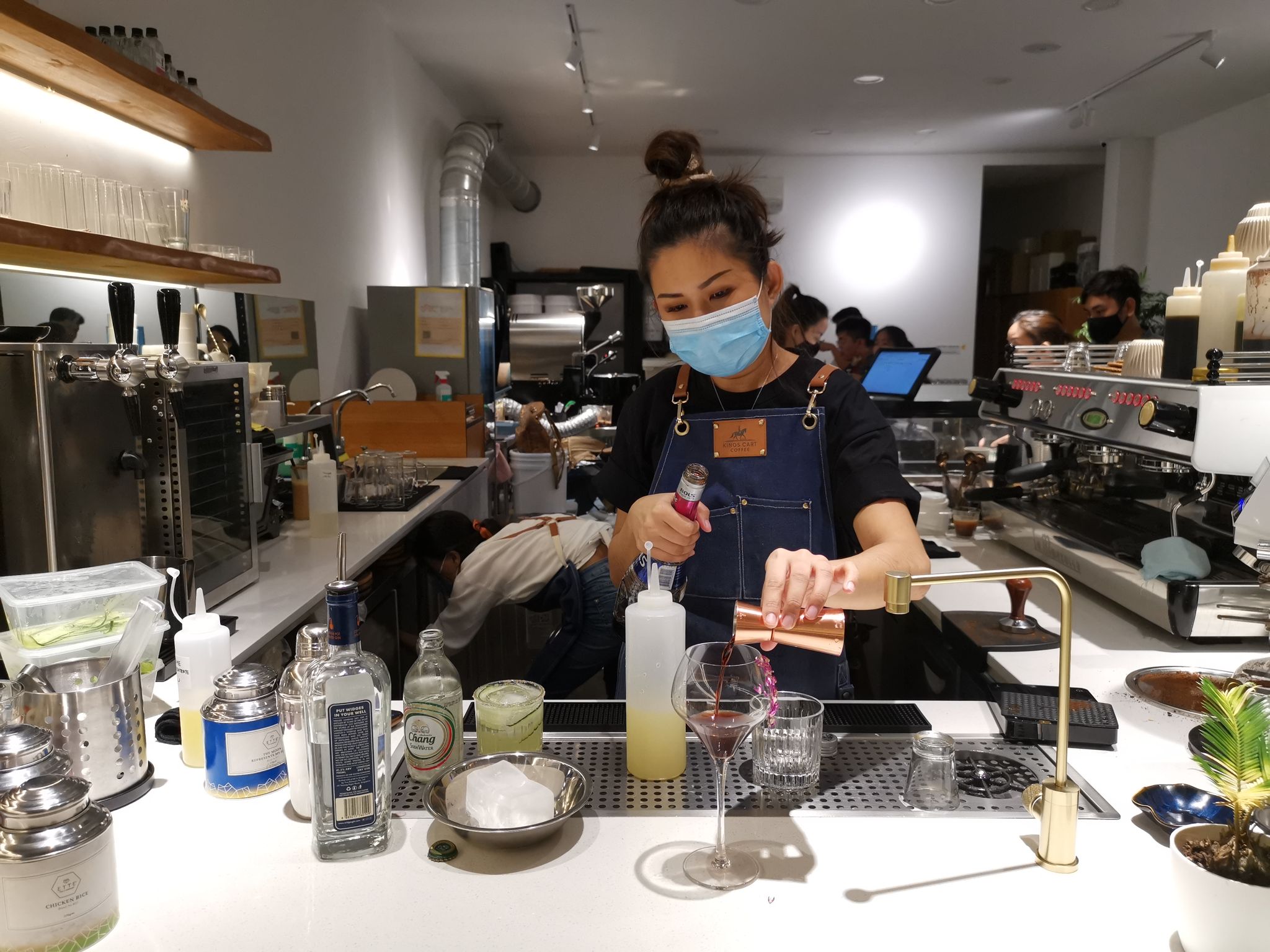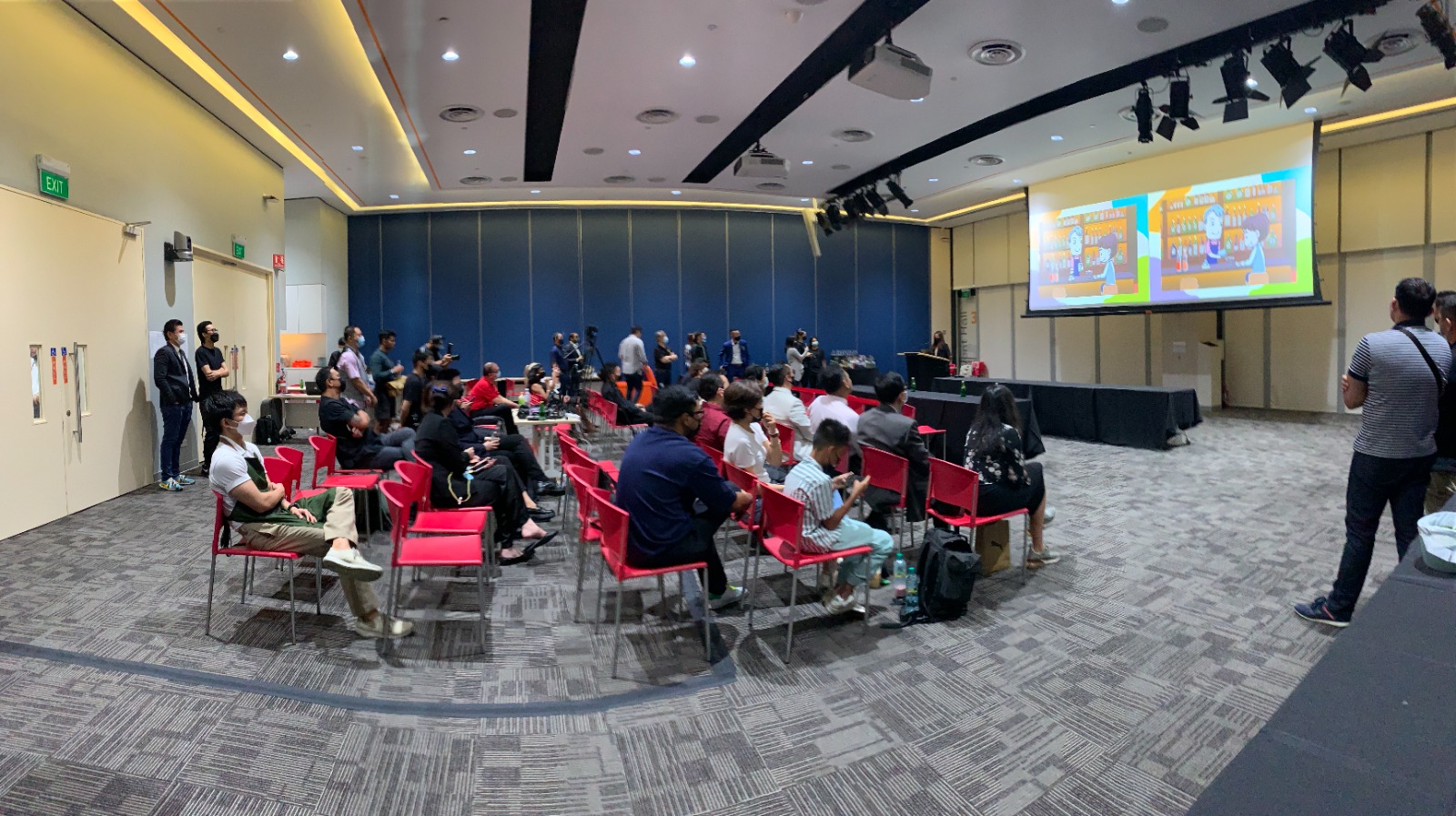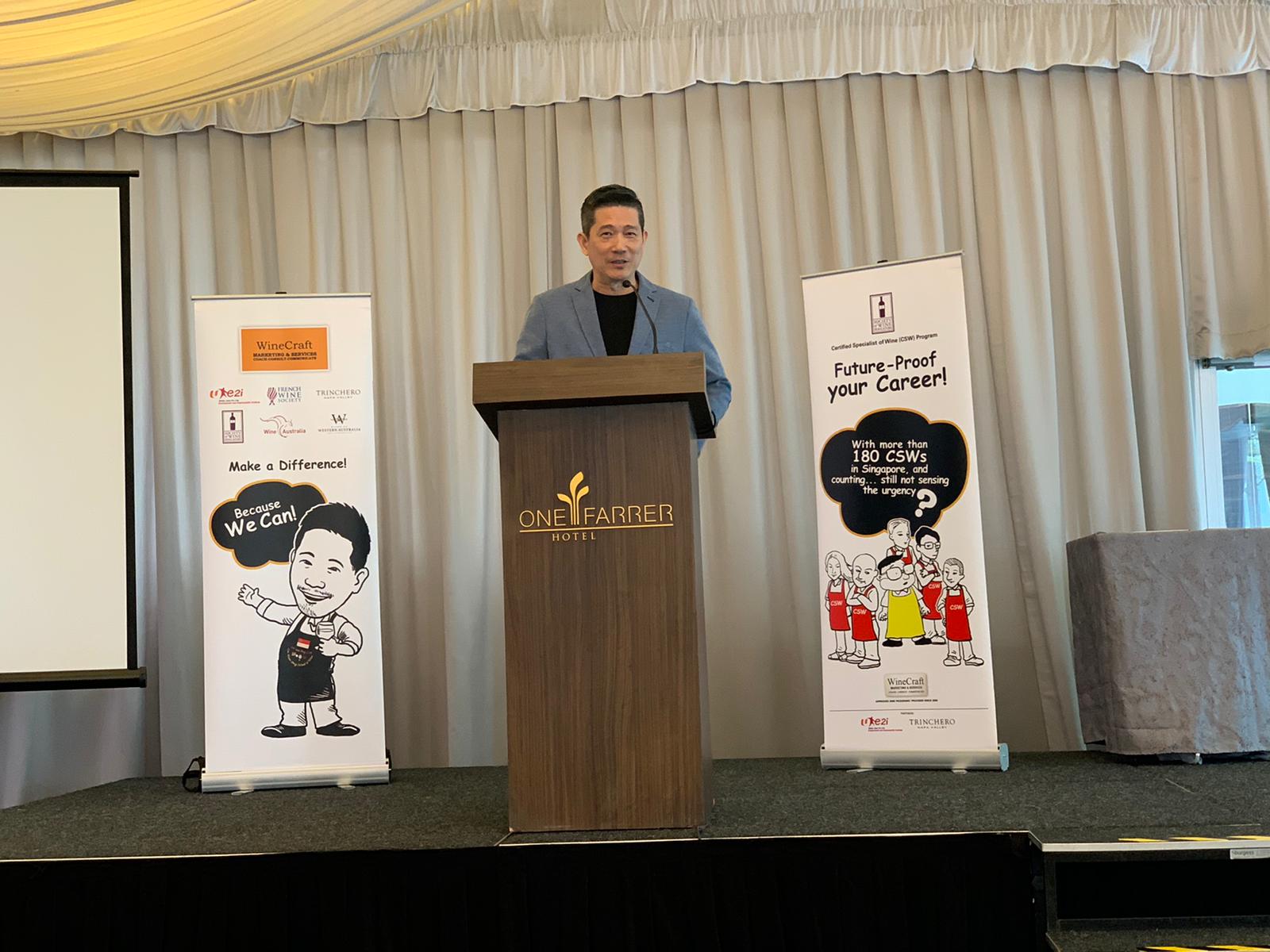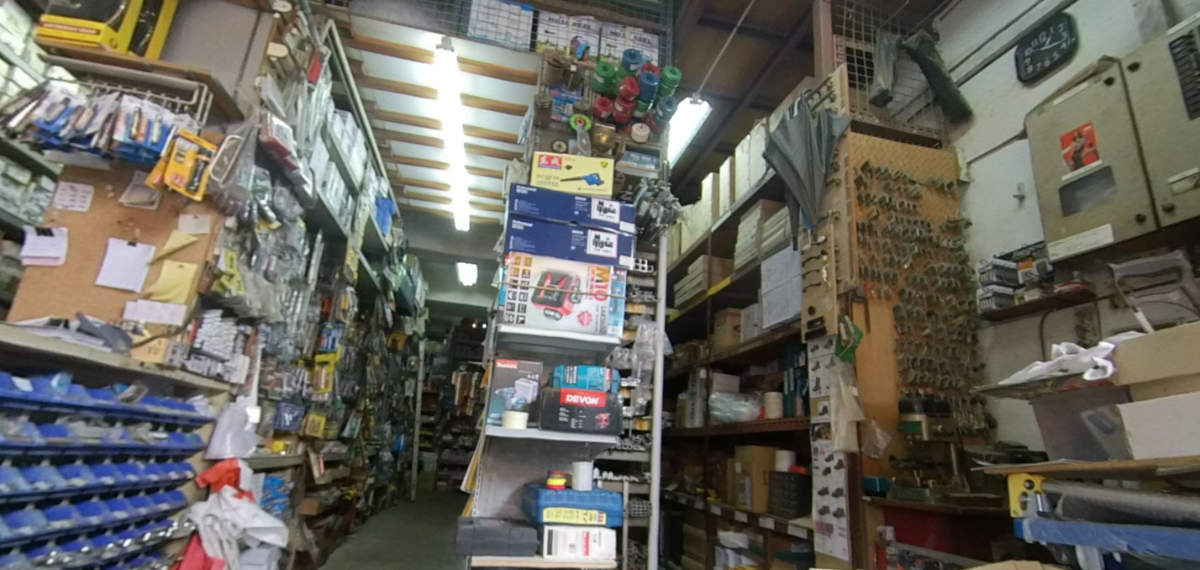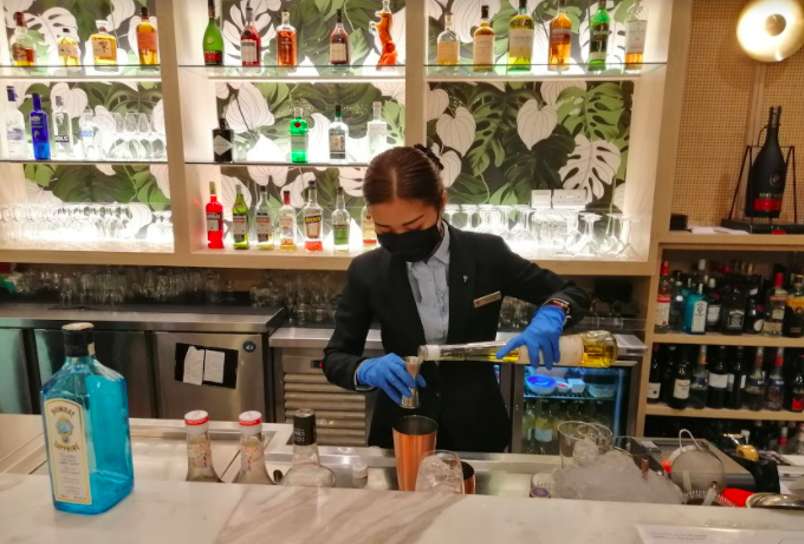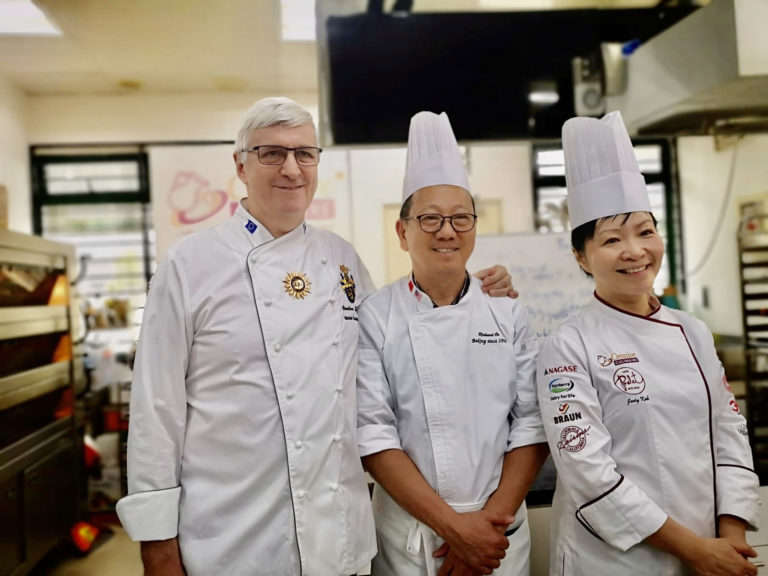How a partnership supported a local company's expansion during the Covid-19 crisis
“As we speak today, we have been fortunate and unfortunate. Covid-19 has pulled a handbrake on all our business plans,” said Mr Yasin Razak, in an interview with Wine & Dine magazine.
Muhammed Abdul Rahim and Yasin are partners and brand owners of Bluestar Islamic Banana Leaf Restaurant Pte. Ltd. and Islamic Seafood Paradise, both selling Indian Muslim food in Yishun.
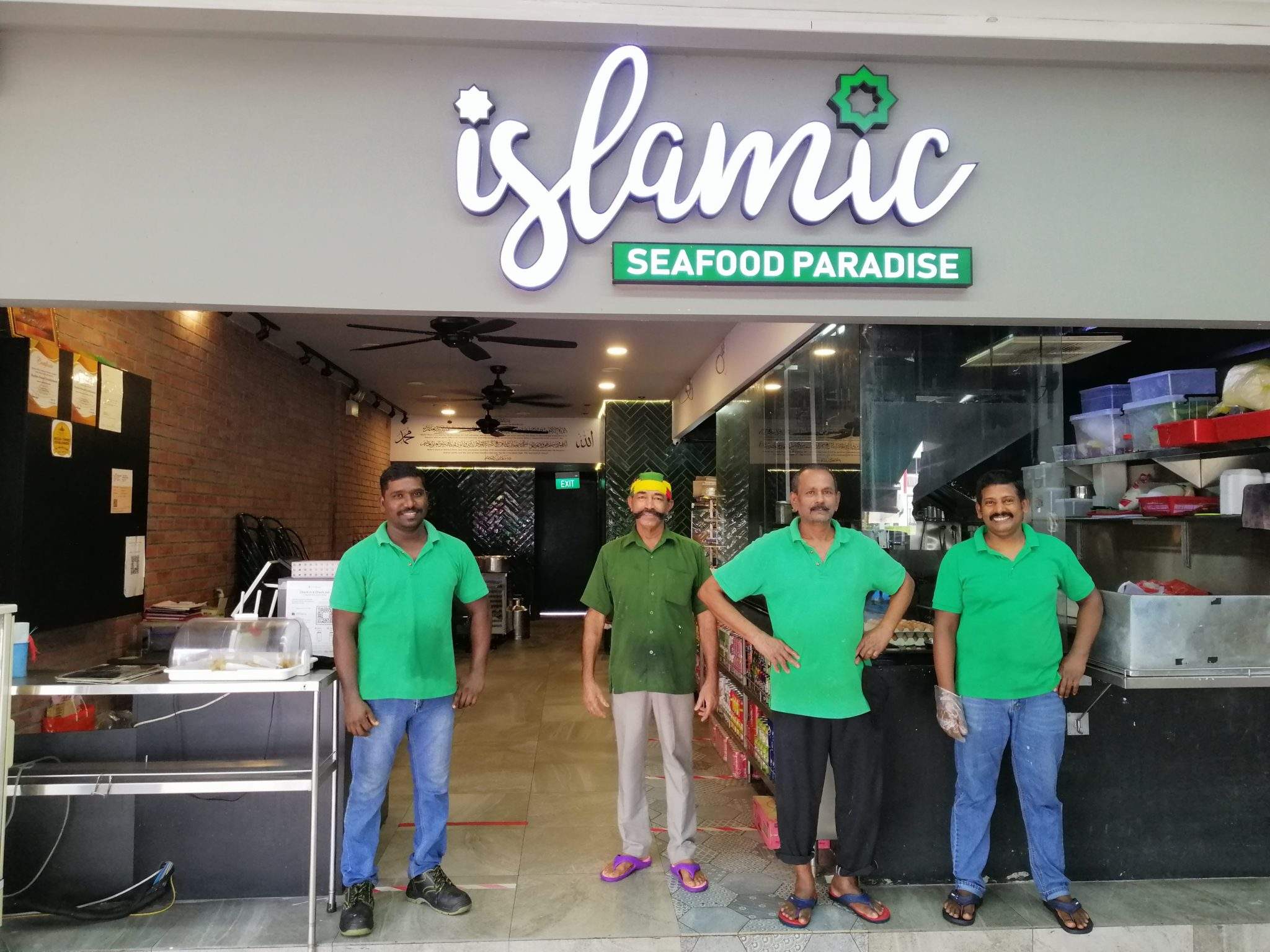
Bluestar was initially started more than a decade ago under a different management and Rahim was at that time one of the partners managing the restaurant. With the initial success, Islamic Seafood Paradise was opened at the adjacent block in 2011. In 2015, Rahim asked Yasin if he would like to join the business and push it to the next level with him.
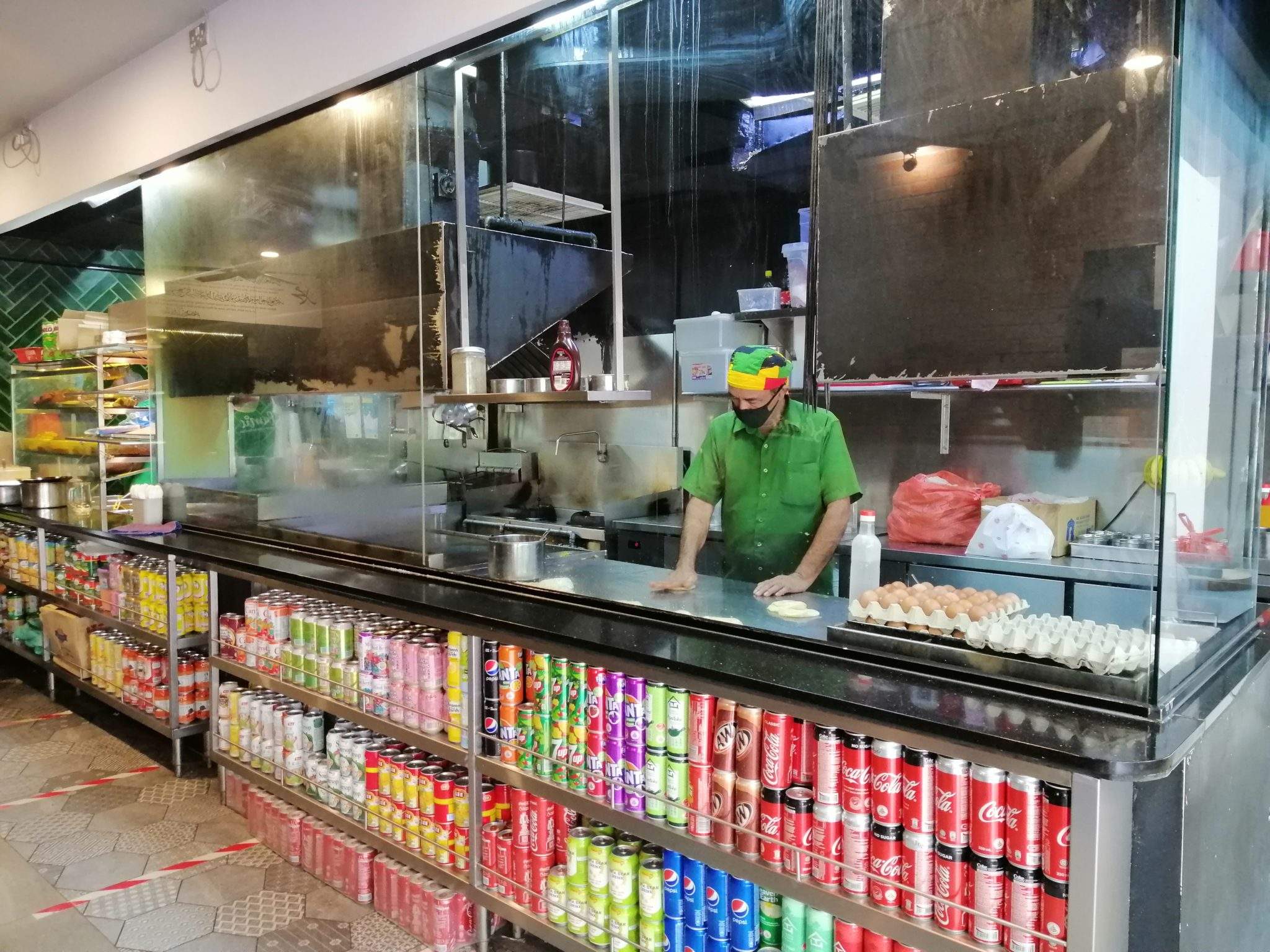
“I agreed after mulling it over for a few days because food is something very close to our hearts. We grew up very close and the kitchen has and still is the central part of our household. One of the main reasons why I agreed was because I know we can cook better than the current standards as it didn’t have that finesse,” Yasin recounted.
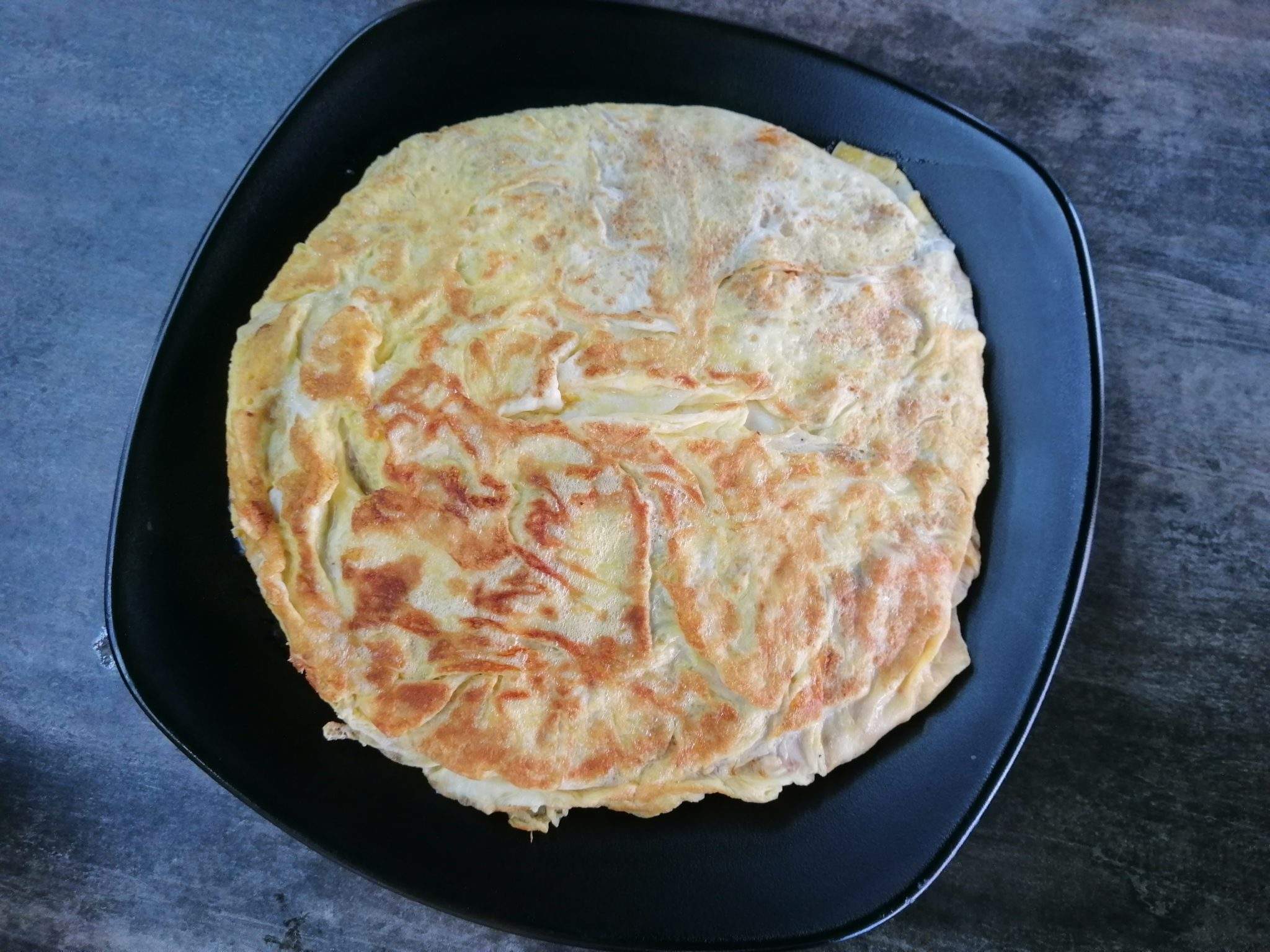
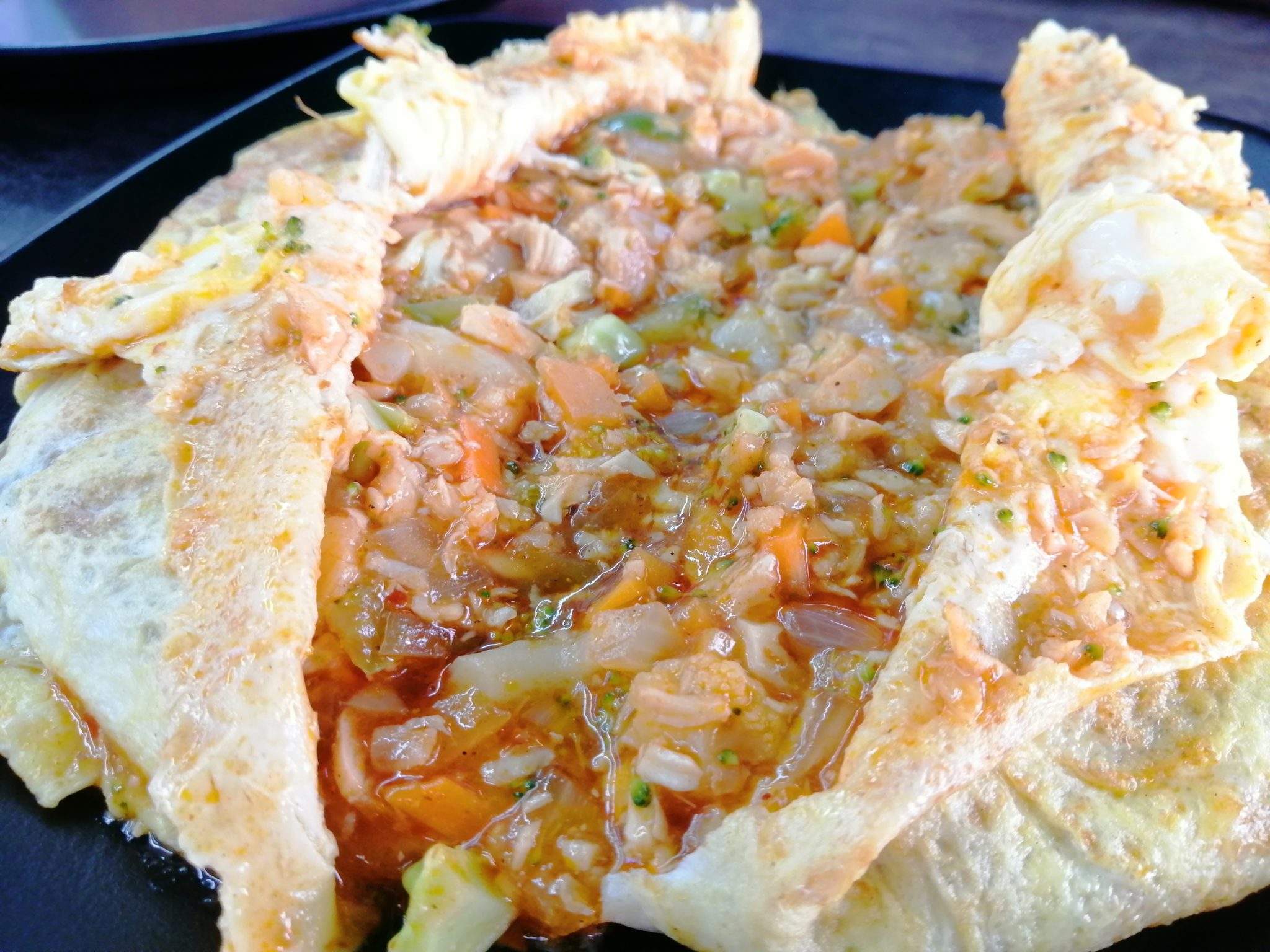
Yasin worked together with the head and sous chefs to re-formulate all the restaurant’s offerings while Rahim helmed and transformed the operational aspects of the business improving on customer service standards.
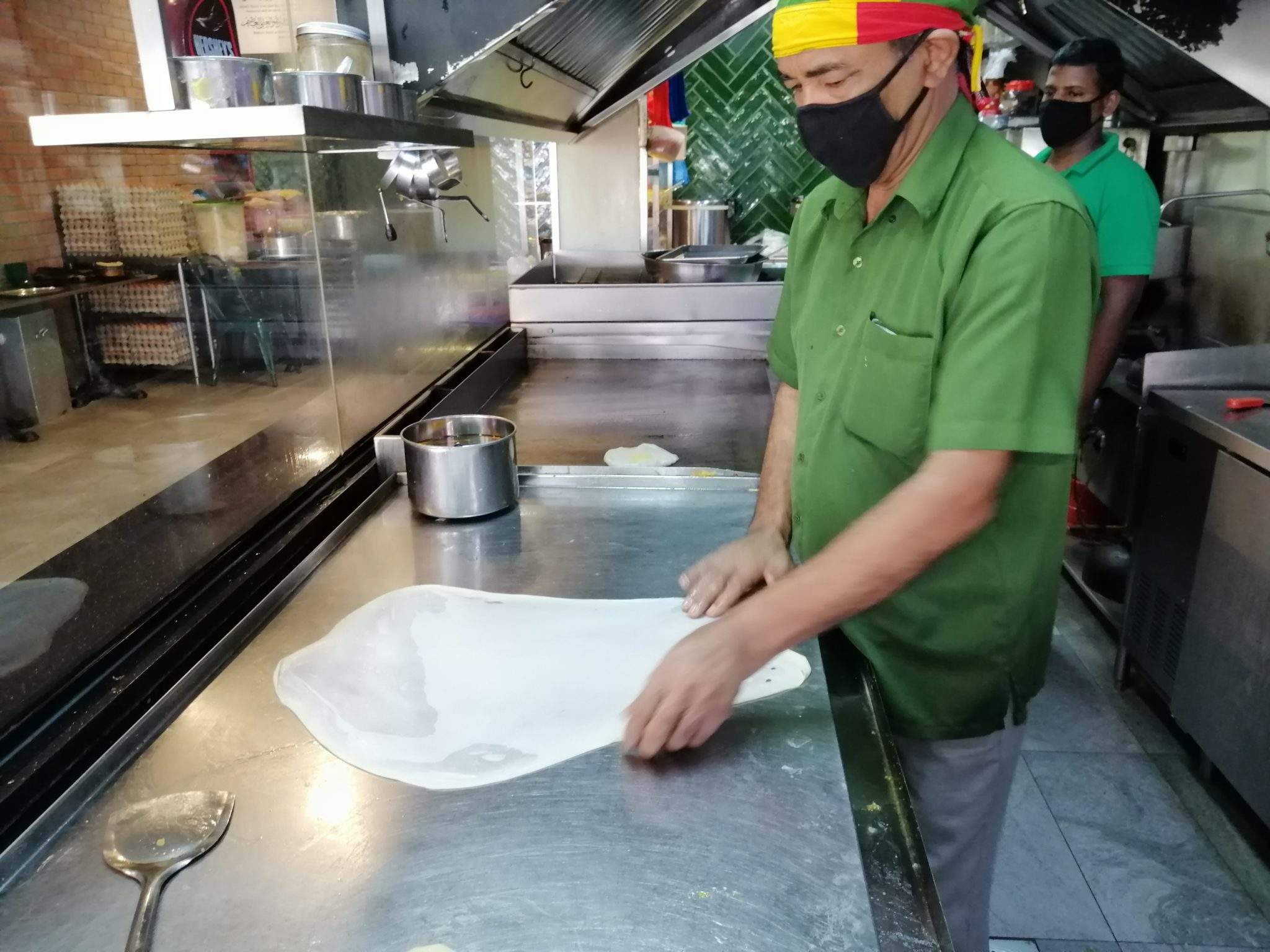
“The early days were torturous because we changed everything. From food to service standards, it was like starting from scratch again. The feedback we received was good and that pushed us further to fine-tune the menu even more and find out how we can perfect our dishes even further,” he said.
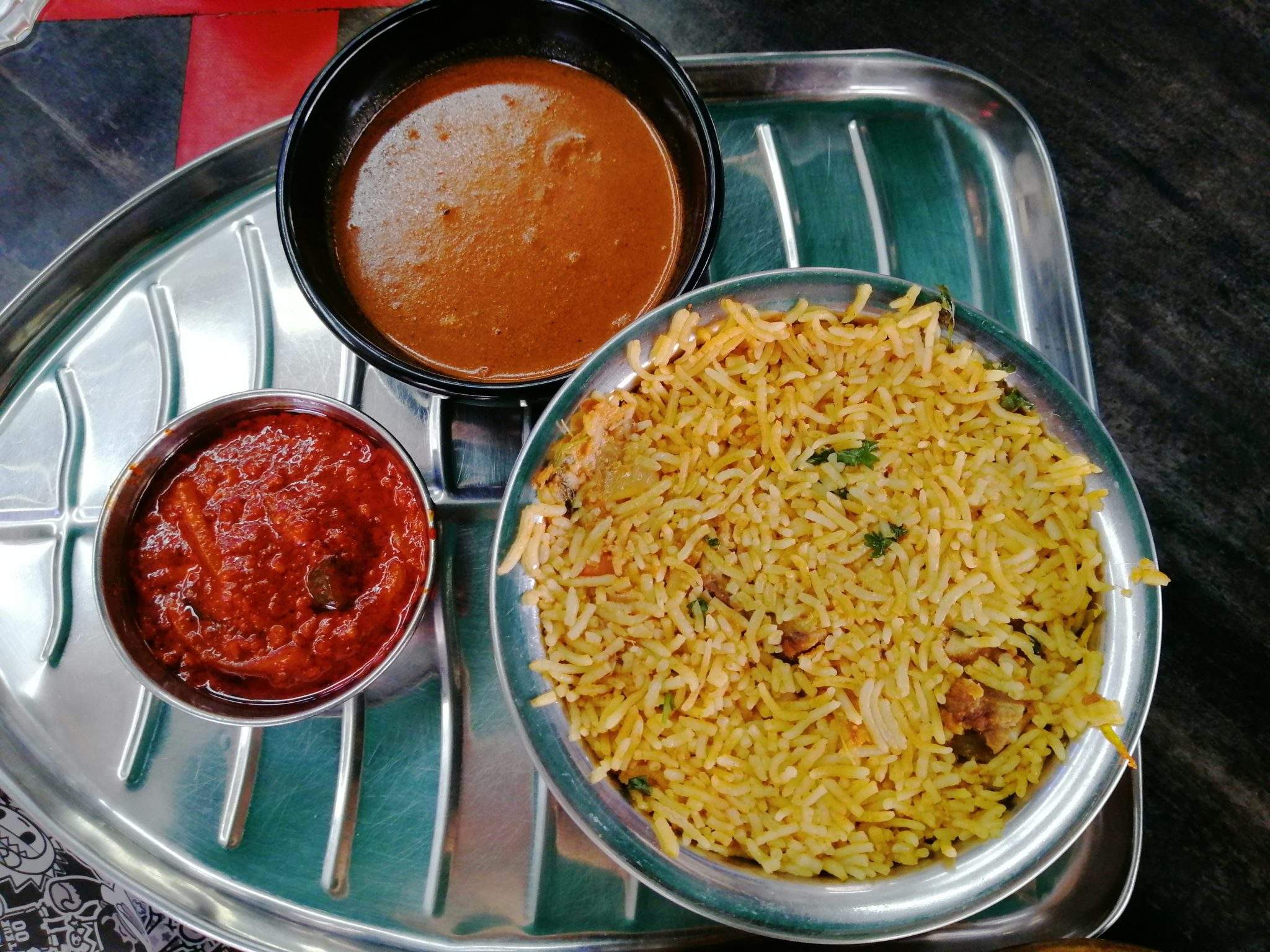
Rahim, Yasin and their team worked hard, sometimes leaving as late as 4am and going back to work by 10am the next day.
He shared, “There have been numerous occasions where I would stop the car at the bus stop just to catch a nap because I am just so tired. Often we won’t have enough manpower, and we will end up washing the toilets and doing dishes. But these memories are forever etched in our hearts and minds because we took a big risk by changing everything. I recall there were times when the restaurant will have no customers at all for almost two hours. Your heart sinks. But eventually the response became overwhelming, and it was very humbling”.
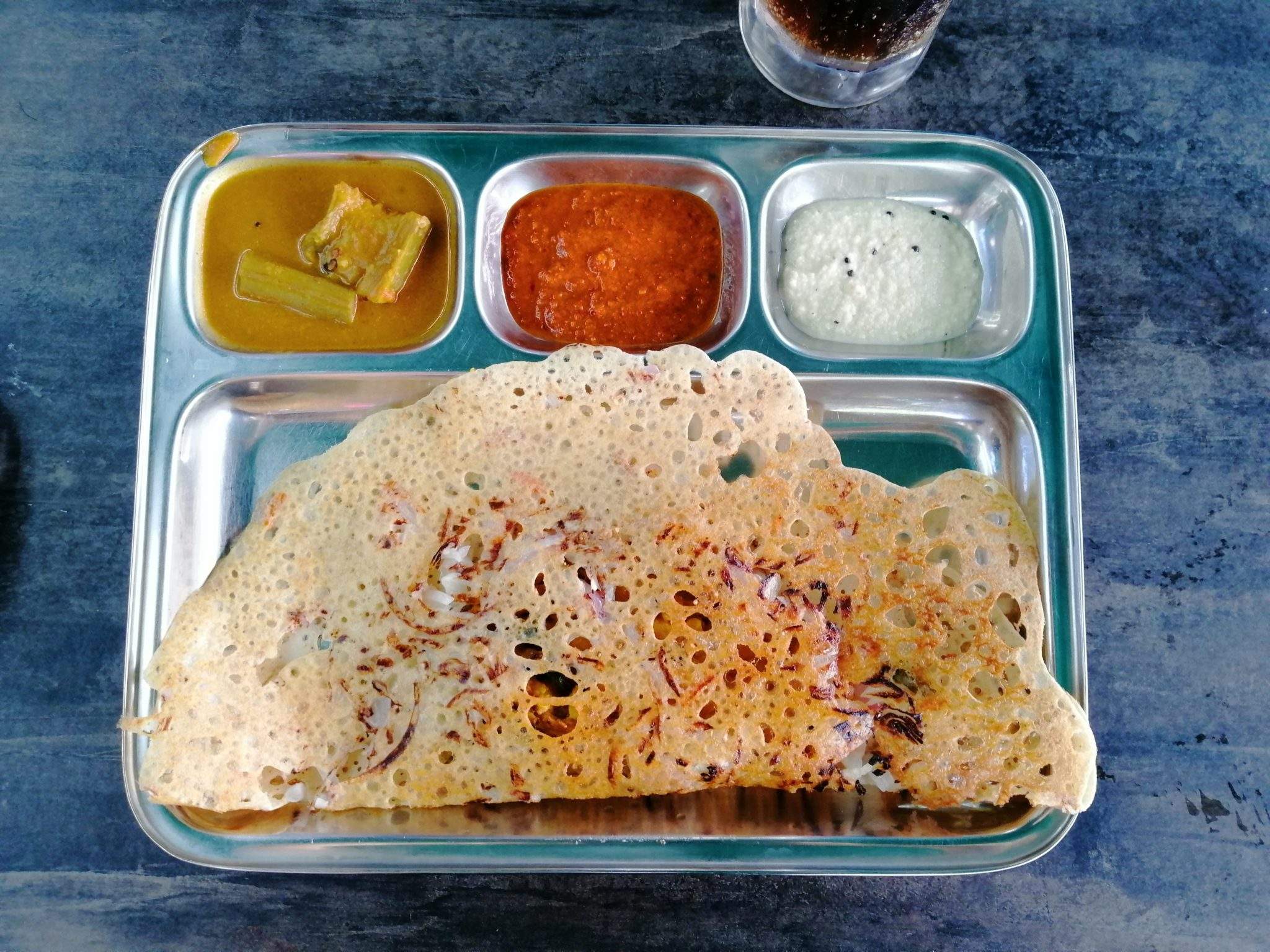
Rahim, who had always wanted to expand the business further, suggested that they invest in a central kitchen. “After several discussions, we both concurred that a central kitchen is instrumental to opening more outlets. Some would say open the outlets first then invest in a central kitchen – but this is a big misstep on their part,” said both partners.
“We have been grateful to secure a central kitchen which we have invested heavily into. It has been very expensive and a big bet but the experience of this investment has given us foresight on what we can further achieve,” explained Yasin who has future dreams of bringing a live-buffet line to customers’ homes.
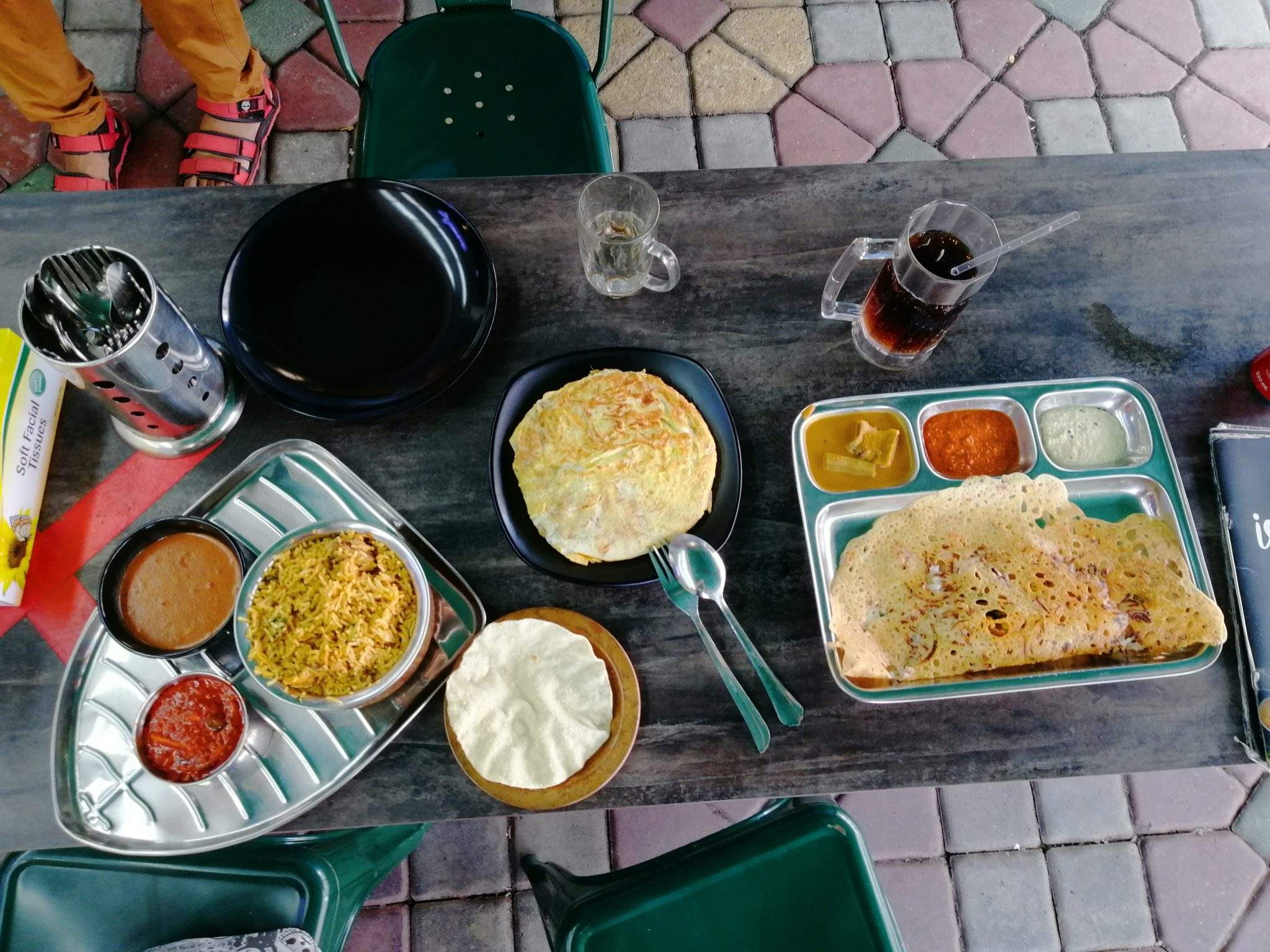
“Now we are able to cook in a huge volume and this will allow us to inspect and control the quality of the productions. Employees don’t have to continuously be buying items because now we finally have a plan for storage. Employees don’t have to be jostling for space because we used to work in such a tight environment”.
The central kitchen has properly allocated areas for specific tasks such as meat processing, dough processing, kitchen, and packing. However, Bluestar’s workforce faced new challenges with the increased production capacity.
With limited storage of chillers and freezers in the restaurant, the staff could not buy in bulk. Instead, the staff had to stock take frequently to ensure the ingredients do not run out, make multiple purchases every day, and prepare and manage the ingredients daily. They also had to monitor ingredient prices daily to do price comparison before re-stocking.
Precious time was wasted due to the frequency and inefficiency of these processes, which included the cutting of vegetables, poultry, meat and seafood. The labour-intensive job was physically draining for Bluestar’s workers, some of whom are above 50 years old.
It was at this critical juncture that Rahim and Yasin fortuitously found a solution with NTUC’s Employment and Employability Institute (e2i), which supports companies with productivity grants, and workers with easier, smarter and safer jobs.
“We were introduced to e2i who have been patient – especially with someone like me who asks a lot of questions. They have been nothing short of spectacular and e2i goes to great lengths to fight for SMEs who wish to embark on this learning journey of productivity,” Yasin said with relief.
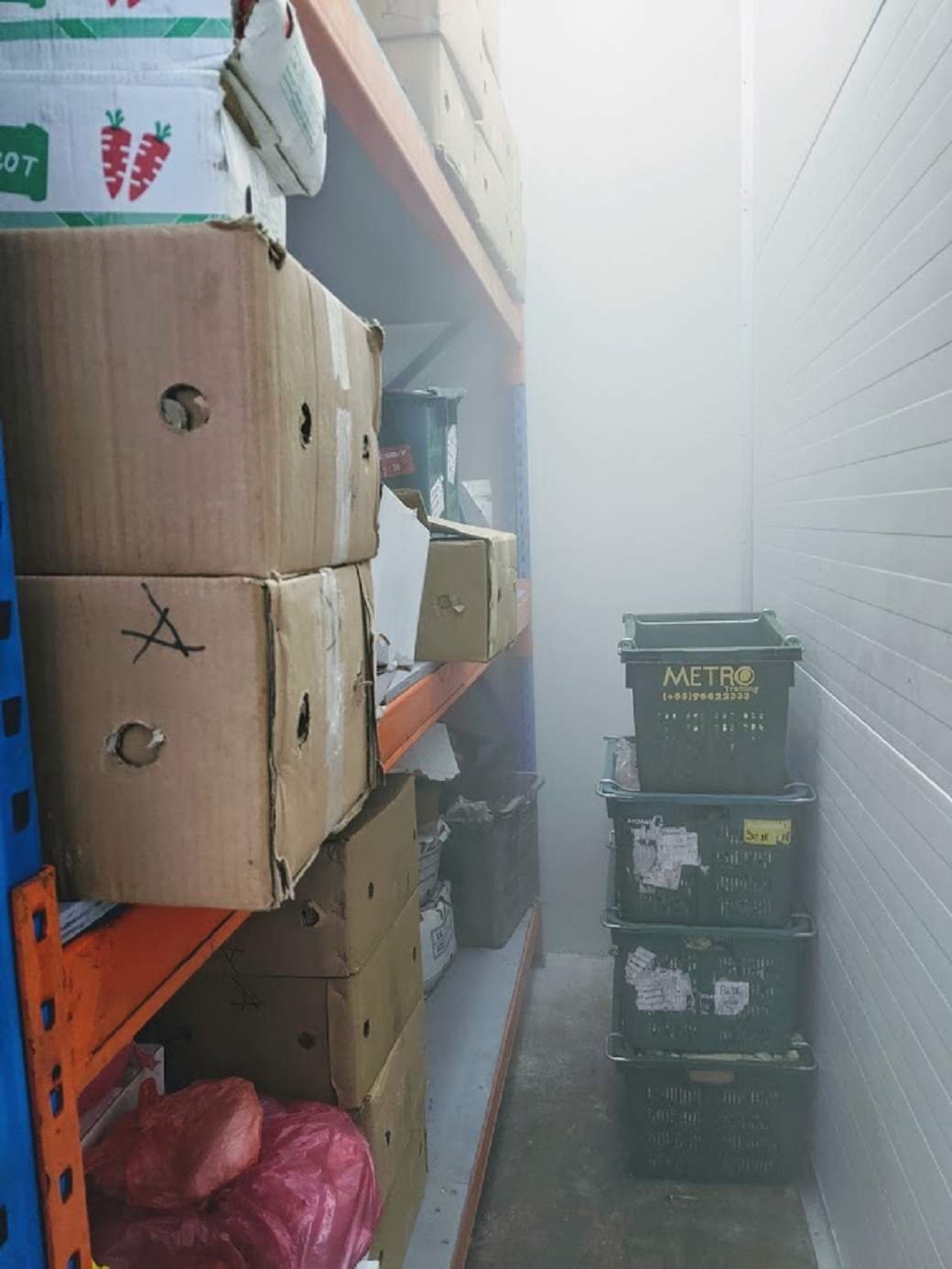
With support from e2i’s WorkPro Job Redesign initiative, Bluestar invested in two cold rooms which enable the staff to purchase and store raw ingredients in bulk quantities. With a much greater capacity to store the ingredients at a constant low temperature, this investment extended the ingredients’ shelf lives compared to the previous chillers and freezers.
The older workers did not have to keep track of the inventory and compare the prices across vendors, cutting both work processes and manpower hours by at least 30%. Six older workers aged 50 and above also received a wage increment for being more productive.
“Some of the major issues we used to face have finally been eliminated because it was so frustrating as we used to be held hostage for ingredient purchases. It was challenging because this is the first time we actually have a room that has so much space. Staff were trained by the vendors on how to maintain the cold rooms to run optimally,” Yasin said.
Together with other e2i initiatives in the works, Bluestar was poised to expand its business throughout Singapore. However, the Covid-19 pandemic forced them to postpone these plans and request their older workers (out of a workforce strength of 60) to stay at home as they are more vulnerable to the virus.
Yet, they were not discouraged.
“Covid-19 has opened up a door, which Rahim had previously suggested that we should try to get into. With Rahim’s experience and through his networking, we were able to start supplying food to foreign workers. The current market practice and standards are appalling. But at the same time, the food budgets are just too low and that affects the final product. Thankfully, we have understanding clients and we managed to negotiate for better budgets. This in turn allows us to produce a higher quality of catered meals. Without us realising, we are changing our direction and are planning to open a kitchen to specially cater to this group of people,” Yasin shared.
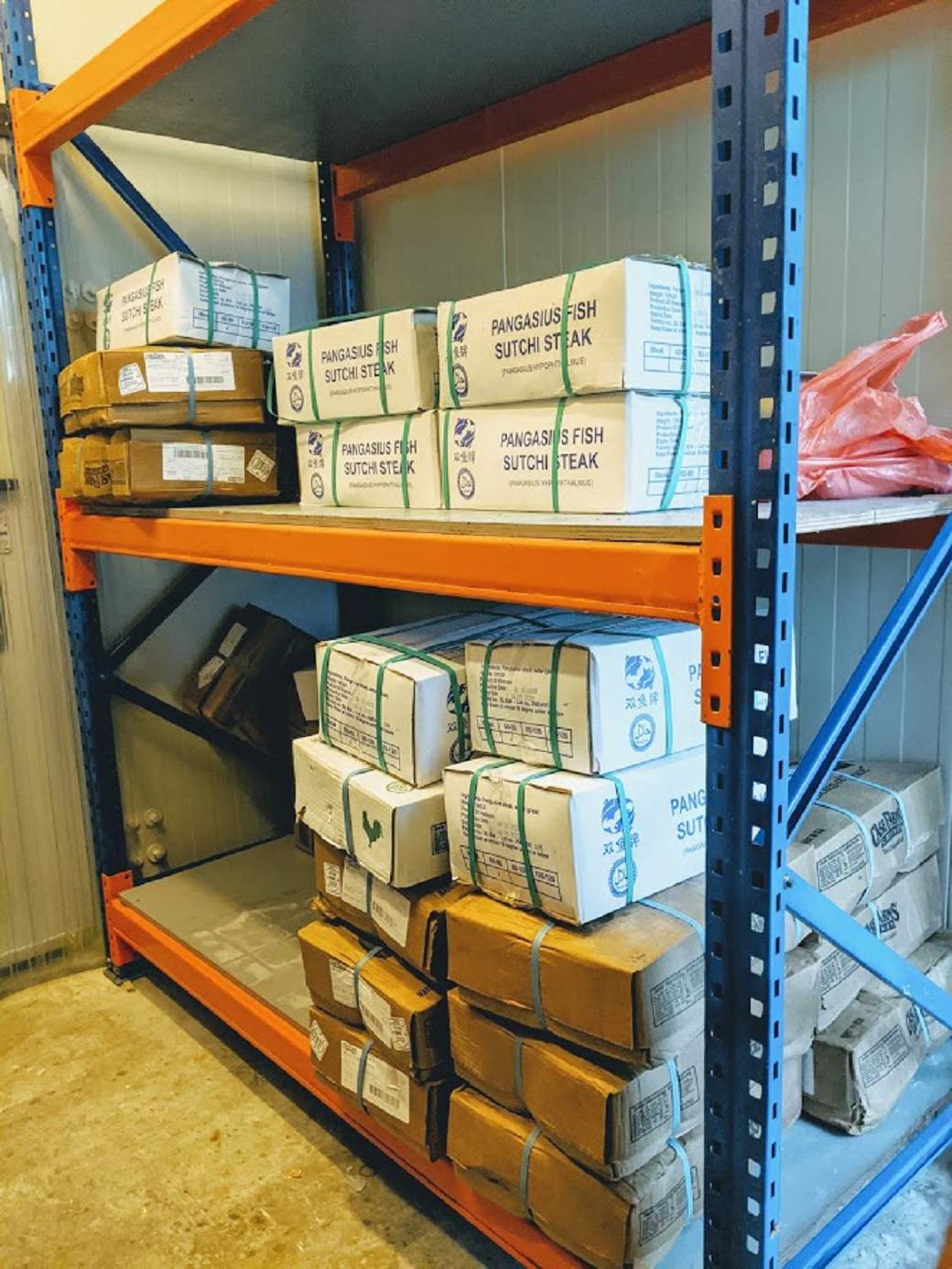
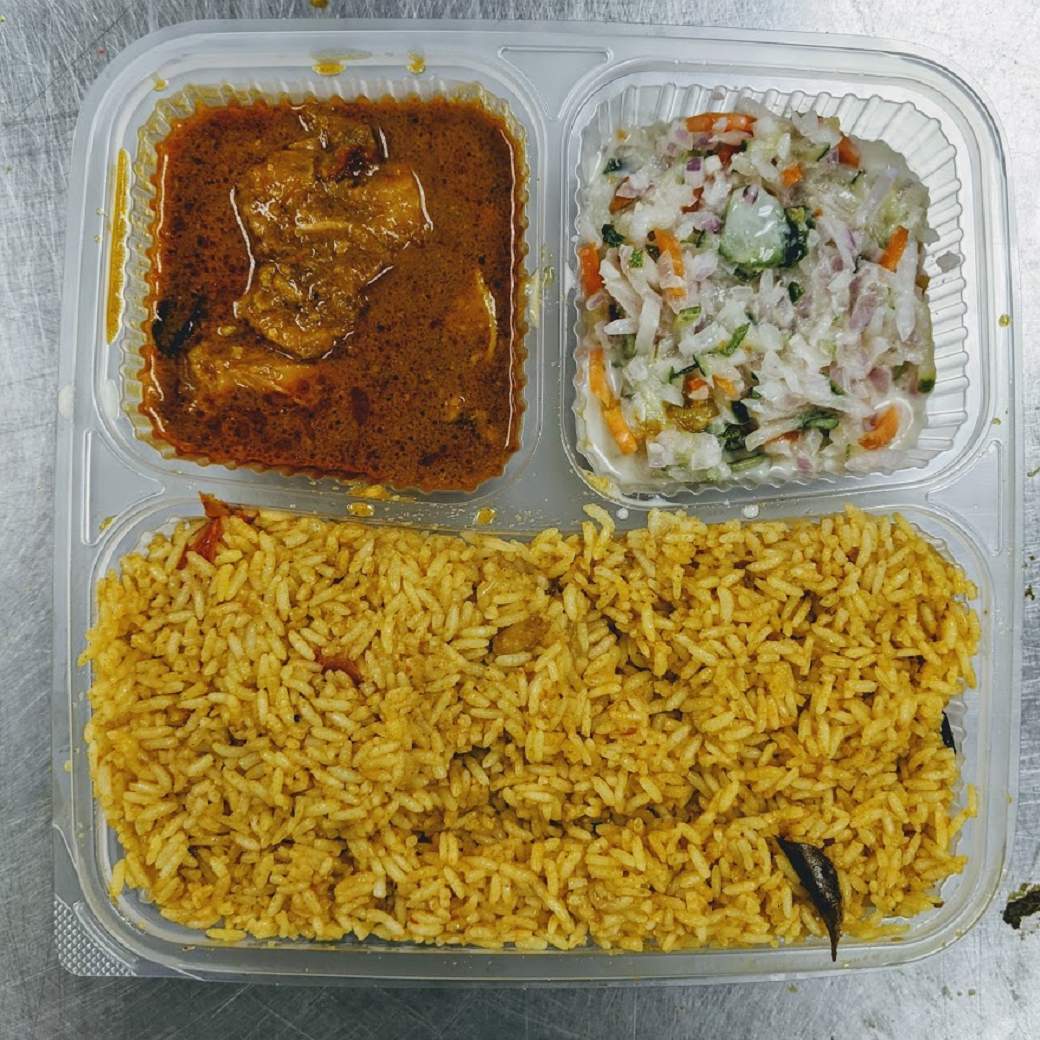
Rahim and Yasin credit the productivity initiatives with e2i for enabling his business to be ready for high volume food production with quality. With these capabilities, Bluestar was able to clinch the contract to provide hundreds of catered Indian food for Indian and Bangladeshi foreign workers daily.
Although their restaurants are unable to accept dine-ins at the date of publishing this article, customers can order their food via takeaway, Foodpanda and Grab. “Covid-19 has shown us who our diehard fans are. These are the ones who will still make a trip down to our outlet everyday regardless of conditions. We are working on new recipes during this period and will attempt to launch them post-Covid,” revealed Yasin.
“In fact, Foodpanda has approached us and is working with us on a second satellite kitchen. We were honoured to find out we have a large recurring customer base via their portal and this was the main reason why they approached us for partnership,” he said, excited to implement their business plans for the future.

